The Glass Menagerie directed by Jeremy Herrin is a bit of an eyeball-scrambler. The action takes place on a huge black platform flanked by 1930s antiques: a typewriter, a broken piano, a reel-to-reel tape recorder and a smattering of Anglepoise lamps. This cryptic setting suggests that the play is being developed in a Museum of the Great Depression, and the show we are seeing is the latest rehearsal. It’s not clear what purpose is served by this fiddly imposture. And although the act of sabotage doesn’t quite destroy the show, it’s touch and go during the opening 20 minutes.
Herrin has shared the role of Tom between two actors. Tom Glynn-Carney is a character who participates in the action and Paul Hilton is a narrator who explains the drama to us. Hilton, a talented thesp, has been asked to disrupt his colleagues by miming and mugging from the fringes throughout each scene. He runs through an endless repertoire of gestures, grimaces and other expressions which damage the play whenever he overdoes things. Alas, he gives into temptation all too often. Having a spare actor larking about on the touch-line like a football mascot is nuts.
So is the soundtrack, which seems to have a mind of its own and keeps barging in and obscuring the spoken performances. Never mind. The play is a sublime organism, exquisitely poised between comedy and tragedy, and it features some of Tennessee Williams’s most beautiful rhetoric. Amy Adams shines as Amanda Wingfield, the interfering matriarch whose frantic and deranged snobbery is offset by her loving goodness and her honourable desire to get the best for her difficult children. Herrin’s show makes a powerful and eloquent argument against his artistic approach. If you see this show you’ll want to see it again – directed properly.
A best-selling book, Fantastically Great Women Who Changed the World by Kate Pankhurst, has been turned into a song-and-dance spectacular. The show owes a lot to the hyper-energetic musical Sixabout the wives of Henry VIII. This effort has similar ambitions. Theatrically, it’s near-flawless. The music, the costumes and the dancing are top-notch. Director Amy Hodge has served up an evening with a heart of gold. It’s light on its feet as well. The brilliant performers get laughs by gently ribbing the heroines they celebrate. The drumming is world class too. (And it’s not often you associate great percussion with a show about feminist history.)
However, several Big Messages are being pushed here. First, girls must be told that ‘whatever you are, you’re phenomenal’. That faintly dim-witted slogan may bolster a young woman’s self-worth, of course, but it risks making her arrogant, smug and inert. Why try fresh experiences or acquire new skills if you’re already ‘phenomenal’? Why even listen to adults? You know everything.
The show concentrates on the lives of Amelia Earhart, Jane Austen, Mary Seacole, Marie Curie, Frida Kahlo and Rosa Parks. Why them? They flourished in spheres traditionally dominated by males: exploration, literature, medicine, scientific research, graphic art and political activism. But women have reached near equality in these areas and it seems perverse to turn the clock back in order to claim that women have to fight to achieve anything because men are against them. The world is not divided into women and misogynists. If it’s true that men resent female competition, why did all-male parliaments extend the franchise to women? Sensible men supported feminism from the start.
The show is conspicuously reluctant to mention great women who stand outside the narrow menu of liberal prejudices. Elizabeth I, Queen Victoria, Florence Nightingale, Margaret Thatcher, Germaine Greer and J.K. Rowling are omitted. The same reasoning probably explains why the script keeps quiet about our female Home Secretary, Foreign Secretary and Attorney General. Yet an entire section is devoted to the world’s least qualified weather girl, Greta Thunberg.
And the show closes with a lengthy tribute to Rosa Parks whose story is held up as the ultimate in militant self-sacrifice. She made a stand. And her stand made a world of difference. Once you adopt the activist position as your perpetual role model, however, you also accept that it is always necessary and good. So any challenge to dissent must be wrong and evil. That’s how we end up with eco-lunatics and road-blockers shouting, ‘It’s my Rosa Parks moment’ as they stop ambulances from carrying unconscious patients to intensive care. This show may have innocent intentions but it will encourage armies of angry pipsqueaks to practise crybaby narcissism because they’ve been brainwashed into believing that all strikes and protests are morally excellent. And what about the consequences? Damn the consequences. I’m Rosa Parks!
Got something to add? Join the discussion and comment below.
Get 10 issues for just $10
Subscribe to The Spectator Australia today for the next 10 magazine issues, plus full online access, for just $10.
You might disagree with half of it, but you’ll enjoy reading all of it. Try your first month for free, then just $2 a week for the remainder of your first year.

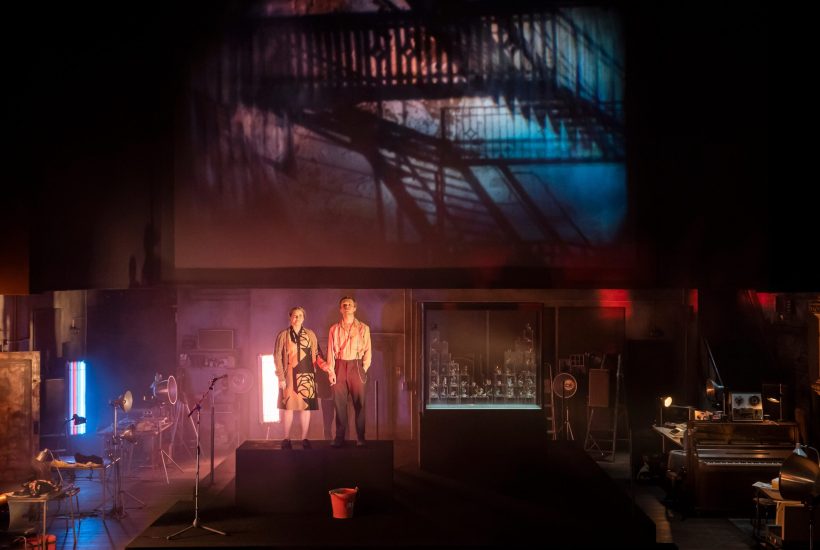
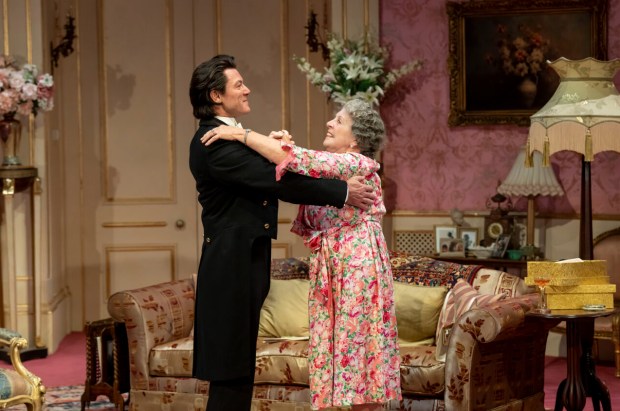
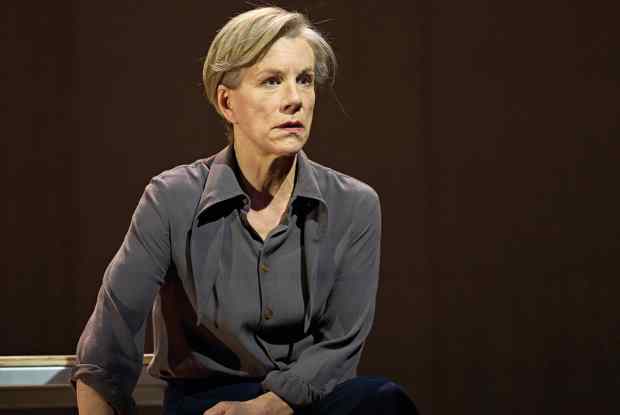
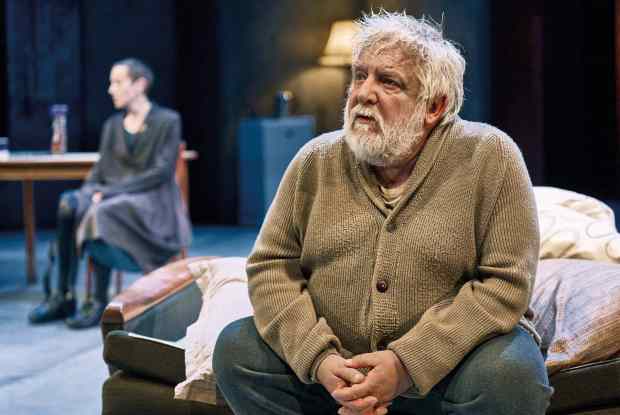


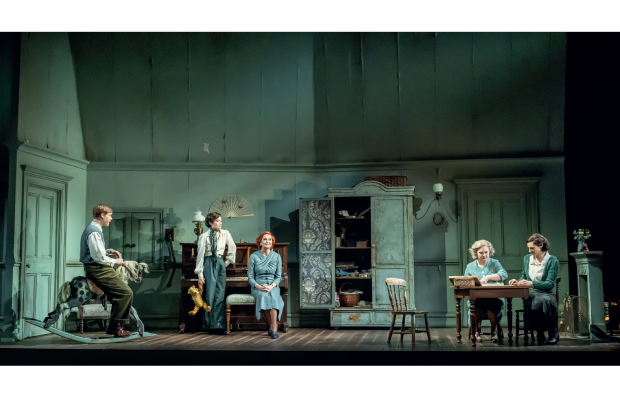






Comments
Don't miss out
Join the conversation with other Spectator Australia readers. Subscribe to leave a comment.
SUBSCRIBEAlready a subscriber? Log in